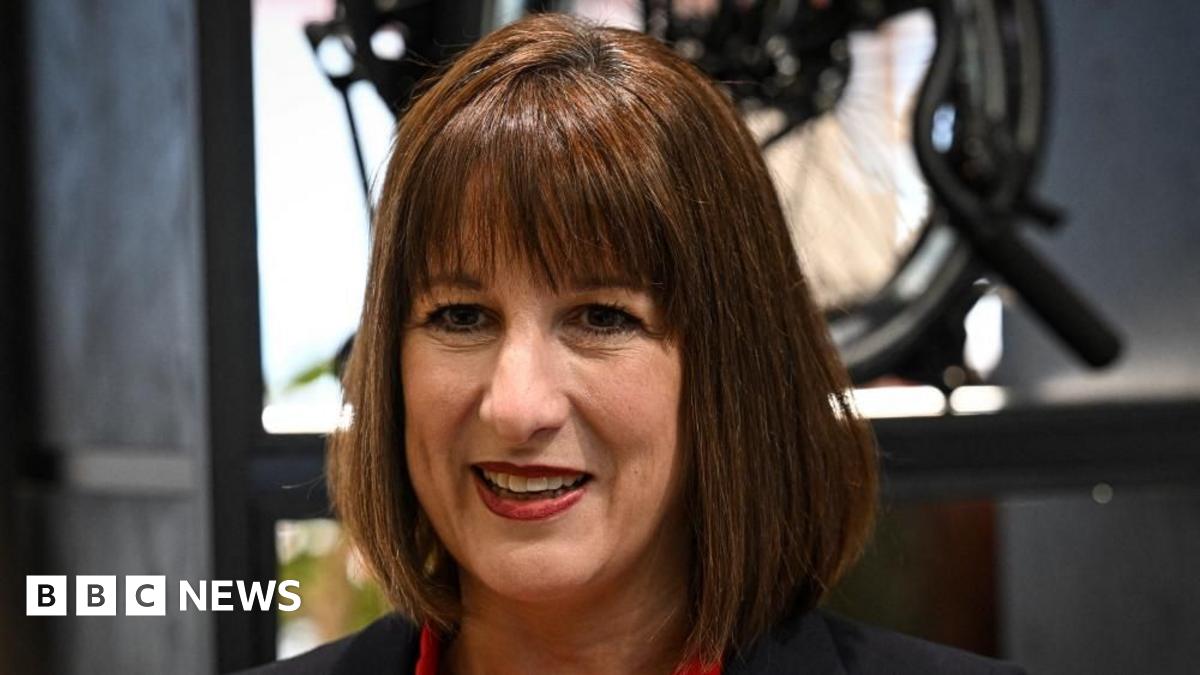At INBOUND 2023, HubSpot CEO Yamini Rangan introduced changes to the customer journey driven by the recent surge of AI technology.
Where people spend their time, how they buy, how they share information, and how they expect to receive customer service is all changing. What’s not changing, however, is the importance of connection.
The advent of AI makes this an extremely exciting time. The businesses that can effectively leverage technology to drive deeper connections will ultimately be the companies that grow better.
AI will help level the playing field with features that give you incredibly powerful content creation tools. For example, HubSpot AI features such as Content Assistant and ChatSpot.
Both leverage the same large language model that OpenAI’s ChatGPT, but conveniently packaged directly within your HubSpot portal.
At HubSpot, we affectionately refer to our top 20% of growing customers that prioritize the art of forging deep customer connections in their growth strategies as “Connectors.”
These remarkable businesses understand that meaningful engagement with customers is not just a buzzword, but a powerful catalyst for driving sustainable growth and building lasting relationships.
But how do we know customer connection leads to growth? We decided to dig into the data and find out.
I lead Product Analytics at HubSpot; our mission is to understand how using HubSpot helps our customers grow.
With over 184,000 customers spanning 120 countries and 149 different industries, we’ve built a strong point of view on the importance of connection — and have the data to back it up.
I’m excited to share some of these best practices here.
Digging Into the Data
In most data science projects, 80% of time is spent on data prep and this project was no different.
We started by defining a growth metric: year-over-year closed-won deal volume. We focused on consistent Deals tool users for 2+ years, giving us high confidence in our measurements.
From there, we isolated customer behavior impact by grouping customers (20+ segments) by industry, size, HubSpot tenure, and feature access. Each segment was individually modeled for performance comparison among peers.
Here’s what we learned.
1. Customer Connection Drives Growth
After HubSpot talked to connectors across a variety of industries, we discovered something we are calling the “Connection Gap”. It turns out that HubSpot’s top connectors are growing 29 percentage points more than average companies.
Said another way, connectors are growing 5x more than average companies that aren’t prioritizing customer connection in their growth strategies.
Year Over Year Growth Outcomes by Prevalence of Connection Behavior
Furthermore, we learned that customers in less digitally mature industries (e.g., manufacturing) see a larger connection gap (40 percentage points) and will benefit even more by focusing on customer connection.
2. Growth Compounds as You Connect Across More Lifecycle Stages
Connecting in more customer lifecycle stages increases total growth.
On average, companies that connected with customers across all five journey stages (aware, prospect, lead, deal, customer) grew 19% more than single-stage connectors. Contrary to what you might think, each additional lifecycle stage a company connects in adds more incremental growth than the one before.
Incremental Growth by Number of Customer Journey Stages Engaged
This tells us running customer connection strategies aren’t important for just one department. This is an effort that needs to be carried out throughout your entire company — an end-to-end customer connection strategy that shines through in every touch point you have with your prospects and customers.
The numbers don’t lie; companies that connect with customers at every opportunity, from initial discovery to post-purchase delight, are winning.
3. Growth Increases When You Connect in Multiple Ways
More channels used within each journey stage leads to better connection, and better growth. Companies in the top 20% of connections are committed to meeting their customers where they are, and therefore use multiple features to engage with customers at each lifecycle stage.
Year Over Year Growth Outcomes by Number of Features Used in Each Customer Journey Stage
We’ve also learned that different features are more or less significant drivers of growth depending on the industry you’re in.
For manufacturing it’s outbound calling, tickets, and meeting links. But for software or IT the top features were sales email, ads, and meetings links. Meanwhile, professional services companies found sales email, ads, and A/B testing are more effective.
4. Growth is Maximized When Companies Leverage Both Scaled and Human-Led Connection
The combination of human-led and scaled (one-to-many) tactics across each stage of the customer journey is key to maximizing growth. (n.b. – HubSpot does not provide human-led tools for the awareness stage). When both tactics are used across the entire lifecycle, companies see 19% growth.
Median Percent Growth by Stages with Customer Connection Activity
We’ve seen human-led connection to be more prevalent and impactful later in the customer lifecycle, with customers omitting human connection in the deal and customer stages experiencing negative growth (-1%).
Closing the Connection Gap
The theme is clear — the fastest growing companies make customer connection a priority. They think holistically across the entire customer journey, use multiple modalities to engage with customers through preferred channels, and rely on both scaled and human-led tactics in tandem.
It may seem daunting, but with a potential 5x growth opportunity at stake, the most important thing is to get started.
HubSpot’s committed to making this easy for you. We’re investing in AI to level the playing field, so that even with a small team, you can win on customer connection.
It’s time to rethink how you market, sell, and support your customers. Insights and strategies in HubSpot’s new “Guide to Connection in the Age of AI” can help your professional services, software, or manufacturing company drive growth through building meaningful customer connections at scale.

Credit: Source link

.png#keepProtocol)









